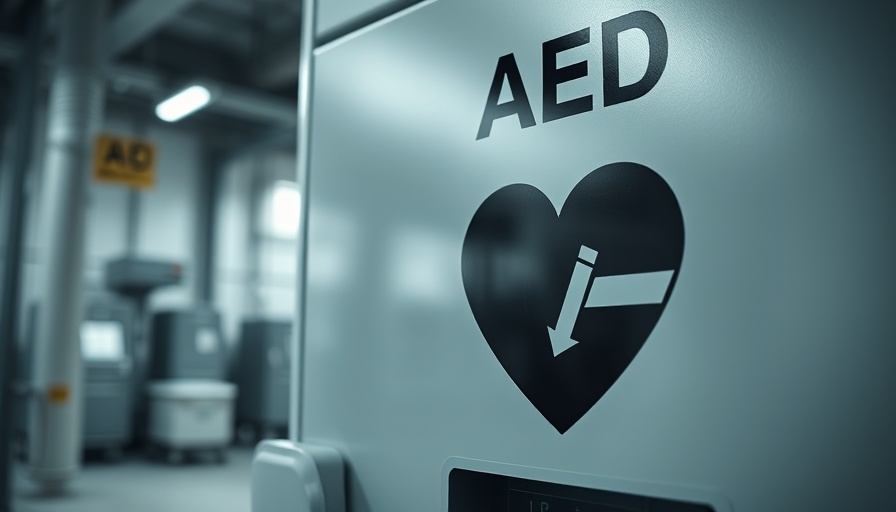
Understanding the Importance of Recycling Power Cords
In today’s gadget-driven world, power cords and extension cords are ubiquitous. As we rearrange our homes and upgrade our devices, we often find ourselves with a pile of unused or damaged cords. The pressing question is: what should we do with these often-overlooked items? Recycling these cords is not just environmentally friendly; it's also critical for safety and efficiency in recycling programs. These cords, when discarded incorrectly, can cause serious complications at recycling facilities, which is why it’s essential to understand how to properly recycle or dispose of them.
The Tangler Dilemma: Why Conventional Recycling Doesn't Work
Power cords are classified as “tanglers” in recycling lingo, which means they can jam machinery and increase maintenance costs. This classification makes them unsuitable for curbside recycling bins. Instead, they require collection by specialized e-waste recyclers. Many facilities won’t accept these cords unless they are attached to a device, prompting users to either keep them indefinitely or risk improper disposal that harms the environment.
Power Cord Composition and Their Recycling Potential
Most power cords consist of copper or aluminum wires encased in plastic or rubber insulation. The metal components are highly recyclable and of significant value, making it worthwhile to recycle old cords rather than sending them to landfills. By selecting an e-waste facility capable of handling these materials, we can ensure that the valuable metals are reclaimed while minimizing waste. Facilities like Best Buy are known for accepting these cords as part of their comprehensive e-waste recycling programs, although it is crucial to confirm beforehand what materials they accept.
How to Locate the Right Recycling Facilities
If your community lacks an e-waste center, you might want to participate in local e-waste events. These events are often hosted by municipalities aiming to encourage proper disposal of electronics. Resources such as Earth911 maintain directories for finding local recycling options, and can be an excellent starting point for residents looking to clear out clutter while also being eco-friendly.
Innovative Solutions: Alternatives to Disposal
Not all power cords need to end up at the recycling facility. If you're in possession of cords that are still functional or are merely orphaned from their corresponding devices, consider donating them. Many shelters or non-profit organizations are grateful for donations of chargers and cords that can be useful to those in need. Alternatively, listing them on platforms such as Freecycle can help your cords find a new home.
Repairing vs. Recycling: The Ideal Approach
In some cases, especially for outdoor power tools, you may encounter damaged extension cords. It’s recommended that you avoid merely splicing them together as this compromises safety. Instead, create new cords from longer pieces. If, however, the damage is too extensive, it is best to recycle the cord. Understanding the limits of what can be repaired versus what should be recycled is pivotal in ensuring a safe and effective transition to new equipment.
Conclusion: Making Responsible Disposal Decisions
In summary, whether you have cords from outdated devices or remnants of tool kits, know that these items should be handled with care. Properly recycling power cords and extension cords not only contributes to a cleaner environment but also encourages responsible waste management practices within our communities. To that end, gather those old cords and make a plan to recycle them responsibly—your efforts can help alleviate clutter and protect our planet.
 Add Row
Add Row  Add
Add 




Write A Comment